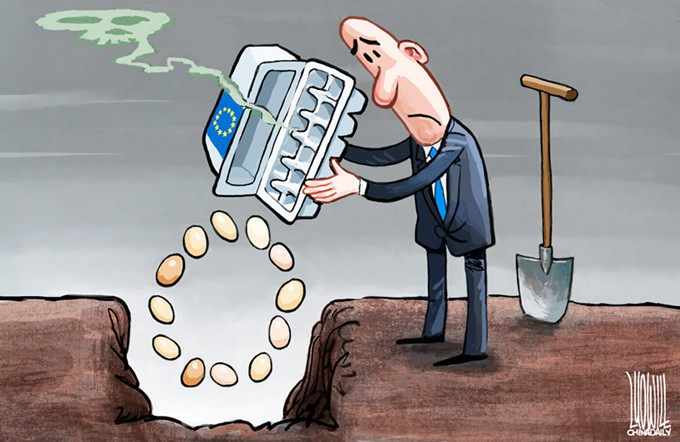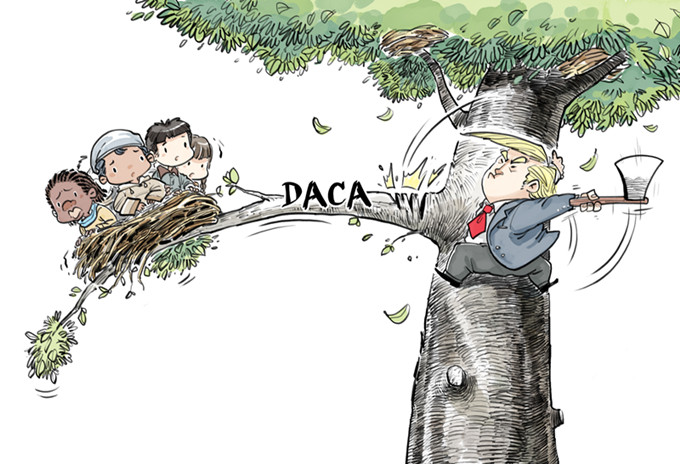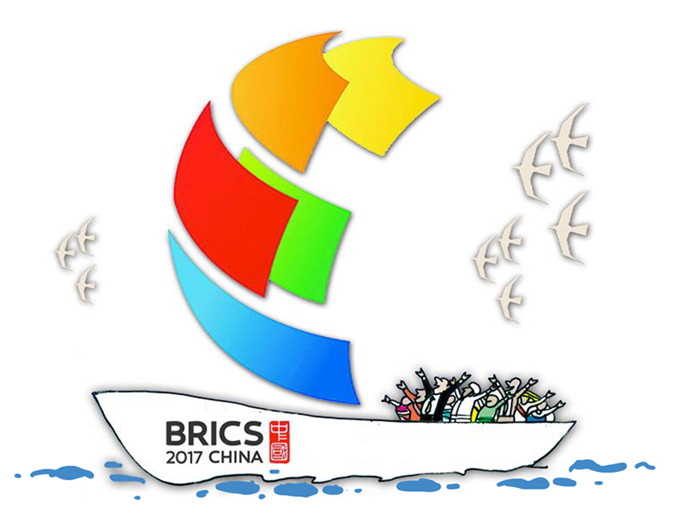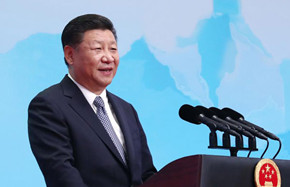China's development path a success
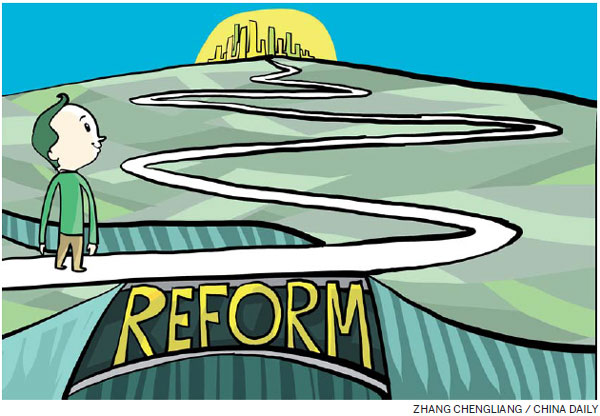
In his keynote address to a high-level meeting on July 26, Xi Jinping, general secretary of the Central Committee of the Communist Party of China, said socialism with Chinese characteristics has entered a new development stage after the 18th National Congress of the CPC.
This major conclusion is based on the history of the People's Republic of China. The first stage of the PRC started with its founding in 1949, when China achieved political and economic independence. The second stage began when the reform and opening-up policy was implemented in 1978, which led to China's unprecedented economic growth and the development of market economy under socialism.
After the 18th Party Congress in 2012, the Party leadership with Xi as the core started the third stage of China's development.
But while it is true that the 2008 global financial crisis exposed the flaws in the Western development mode, China, too, faces certain social challenges, and creative measures are needed to overcome them.
It is against this background that the Party leadership, thanks to its hard work, has made tremendous progresses in the third stage. From 2012, a new stage, different from the first two stages, has been developing. And China is committed to completing this stage by the middle of this century.
Two key words, "transcending" and "rejuvenation" best describe this new era. "Transcending" here means, transcending the two preceding stages. Xi has made a major conclusion-that the two previous stages could not negate each other. The new stage will help deepen reform and opening-up under the socialist system. It will also strengthen the Party's leadership, enhance social fairness, ensure the success of market economy and enrich the theory of socialism with Chinese characteristics.
"Transcending" also means transcending the Western mode of development, which helped only a small number of countries with a cumulative population of about 1 billion to lead comfortable lives but failed to realize common prosperity. More importantly, the Western development mode failed to realize fair, coordinated, environmentally friendly and shared development. As a result, it has to face many crises.
China has followed its own path of economic development and become the largest and fastest-growing developing country. As Xi said, socialism with Chinese characteristics has widened the path of modernization for developing countries, which is a public good that can help two-thirds of the world's population achieve progress. And China will continue to provide such public goods.
"Rejuvenation" means the great rejuvenation of the Chinese nation. The goal of China's development has transcended from "standing up" and "getting rich" to "getting stronger" to help meet the needs of overall human development and social progress. But that requires innovations both in theory and practice, especially in terms of freeing China of its overreliance on economic growth for overall development.
Xi's keynote speech shows the 19th Party Congress will provide not only guidance in the coming decades but also detailed answers on how to realize the objective of building a modern socialist country.
"Rejuvenation" also means the rejuvenation of global socialism. Since capitalism has been crippled by 2008 global financial crisis, the entire world is trying anew to understand the real meaning of socialism and Marxism, not only as an ideology but also as a means to solving the existing problems. It is the socialist system that has helped China gain advantage over other countries in terms of efficient governance, fast development, social stability and unity.
To correct the economic imbalances, resolve the environmental crisis and narrow the widening wealth gaps, countries across the world need to make their policies more "socialistic". The ultimate goal of socialism is in accordance with the great rejuvenation of the Chinese nation, which will be a powerful guiding force for the success of socialism in the 21st century.
The author is an associate researcher in macroeconomics at the Development Research Center of the State Council.





